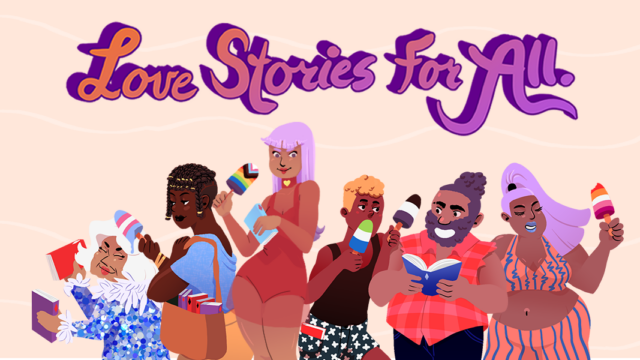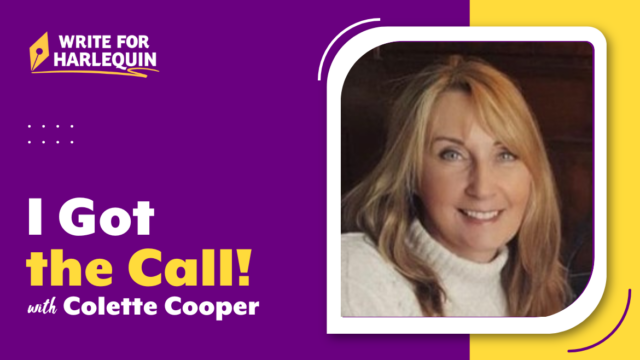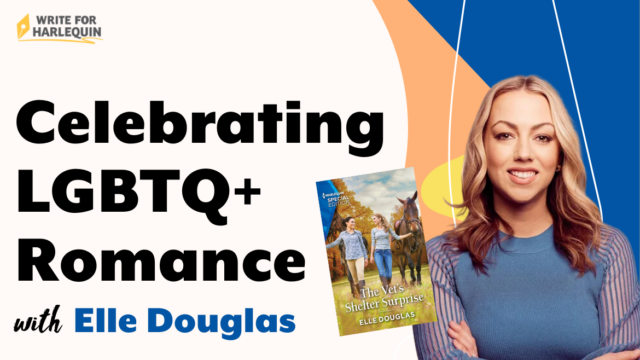Every year or so we pick a book or two about writing, publishing, story, craft, screenplays or such, and the three offices will all read and discuss it. We’ve had some wonderful and lively discussions over the years, and here are some notes on some of the best options!
WRITE AWAY by Elizabeth George
Felt that it is a book to recommend to authors. More personal and anecdotal in some ways. Gave sense of personality. Felt like it was taken from course notes perhaps. She’s a teacher and it comes through. Filled with procedures and meticulous data, but is useful for those reasons.
Particularly liked the THAD—Talking Head Avoidance Device—and would recommend for authors. Also recommend the lists of character questions and such. Another favorite was that of talent, passion and discipline, the only essential quality for publication was discipline.
Side discussion on world-building vs. characterization/setting and the difficult in balancing it for need of story. (Characters are key, not the clothes or meals)
Four Screenplays by Syd Field
- Establish story and characters
- Start with either action or character
- Have a great first line
- Develop the character
- Get rid of the sagging middle
- Move into and out of transitions—tighten things up
- Don’t be too clever
- “The screenwriter sets up the first page/first words to establish an image that sums up the character in context of the story”
- Keep the level of tension high filled with the unexpected, yet authentic



